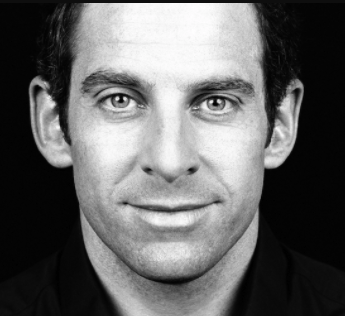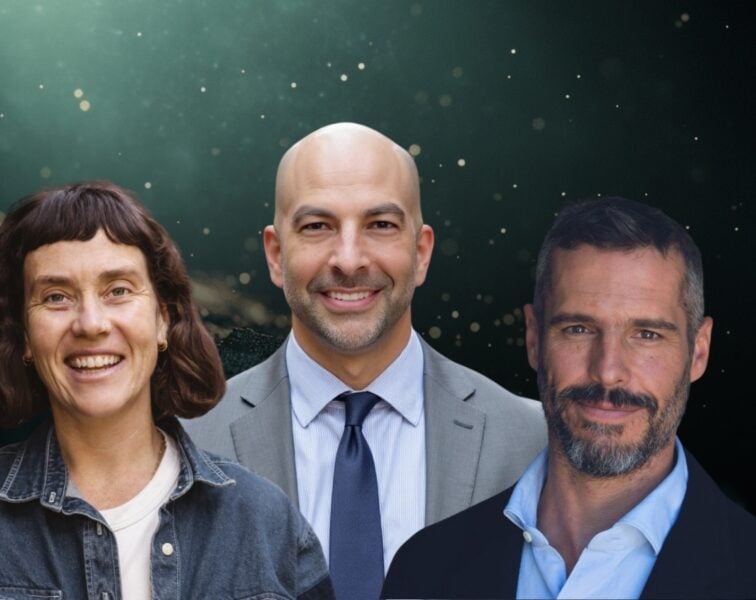Check out more content with Sam Harris:
- (December 20, 2018) Sam Harris, Ph.D.: The transformative power of mindfulness
- (March 24, 2020) Sam Harris, Ph.D.: COVID-19—Comprehending the crisis and managing our emotions
In this episode, Sam Harris, neuroscientist, author, and host of the Making Sense Podcast, joins Peter to discuss this unprecedented coronavirus (COVID-19) crisis. The discussion includes the important distinction between COVID-19 and influenza, the impact on the economy, the dire situation in New York, and the challenge of creating a safe and effective vaccine. Additionally, Sam brings insights from his extensive meditation practice to help those struggling with stress, anxiety, and fear in this extraordinary situation.
Want more content like this? Check out our interviews with Kristin Neff on the power of self-compassion and Esther Perel on the effects of trauma.
Subscribe on: APPLE PODCASTS | RSS | GOOGLE | OVERCAST | STITCHER
We discuss:
- A time unlike any other—why many people don’t seem to fully grasp the magnitude of this situation [2:00];
- Why comparing COVID-19 to influenza is a bad analogy [10:45];
- The impact on the economy of measures like shelter-in-place—Is the “cure” worse than the disease? [16:45];
- Why are some places, like New York, getting hit so much worse? [24:45];
- The trickle down effect of an overrun healthcare system on non-COVID related health issues [34:45];
- How to calm our minds and manage our emotions during this craziness [38:00];
- Talking to kids about this situation without burdening them with undue stress [50:15];
- Insights from meditation practice—Recognize and unhook yourself from a heightened emotional state [52:00];
- How to make the most of a situation where you let your emotions get the best of you [59:15];
- What are some potential positive things that Sam hopes could be learned from this crisis and applied to the future? [1:09:30];
- The unfortunate politics being layered on top of this crisis [1:15:30];
- The challenge of creating a safe and effective vaccine for COVID-19 [1:20:00]; and
- More.
Get Peter’s expertise in your inbox 100% free.
Sign up to receive An Introductory Guide to Longevity by Peter Attia, weekly longevity-focused articles, and new podcast announcements.
Would you like access to extensive show notes and references for this podcast (and more)?
Check out this post to see an example of what the substantial show notes look like. Become a member today to get access.

Sam Harris, Ph.D.
Sam Harris is the author of five New York Times bestsellers and the host of the Waking Up Podcast. His books include The End of Faith, Letter to a Christian Nation, The Moral Landscape, Free Will, Lying, Waking Up, and Islam and the Future of Tolerance (with Maajid Nawaz). The End of Faith won the 2005 PEN Award for Nonfiction. His writing and public lectures cover a wide range of topics—neuroscience, moral philosophy, religion, meditation practice, human violence, rationality—but generally focus on how a growing understanding of ourselves and the world is changing our sense of how we should live. Harris’s work has been published in more than 20 languages and has been discussed in The New York Times, Time, Scientific American, Nature, Rolling Stone, and many other journals. He has written for The New York Times, The Los Angeles Times, The Economist, The Times (London), The Boston Globe, The Atlantic, Nature, The Annals of Neurology, and elsewhere. Sam Harris received a degree in philosophy from Stanford University and a Ph.D. in neuroscience from UCLA. For more, see his publications and lectures. [samharris.org]



